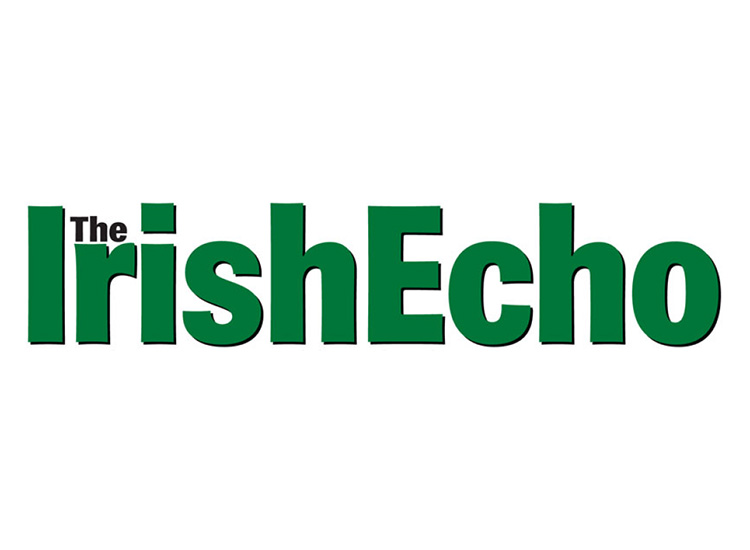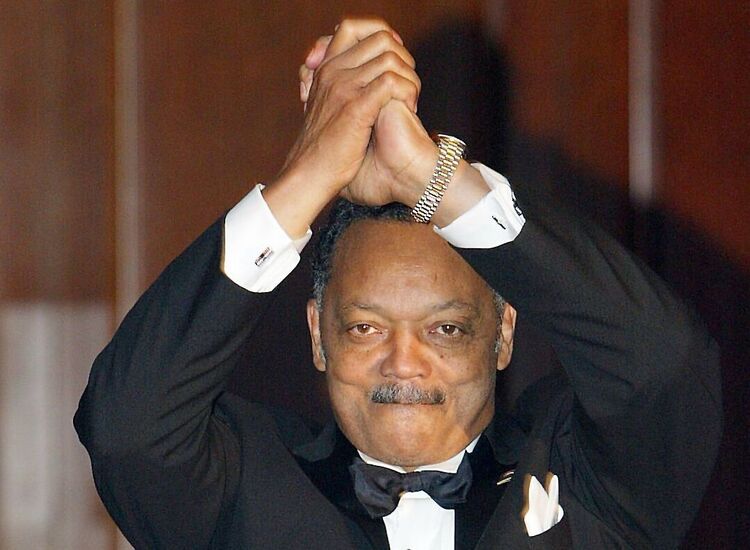Cara Dillon.
By Colleen Taylor
Cara Dillon’s Christmas album is finally here, but it’s not at all what I expected. Usually when an album comes around toward the end of the calendar year, listeners anticipate jubilant old favorites with recognizable lyrics and characteristic chiming bells. This, however, was not Dillon’s vision. The Belfast singer’s first holiday themed album not only stands out from the crowd of Christmas records but it also stands out from her other work for being more mythic and perhaps more melancholic than the status quo. “Upon a Winter’s Night” is less about Christmas and more about a particular vision of the legend of Christmas.
Cara Dillon is arguably Ireland’s biggest contemporary folk superstar. Every time I hear she is performing a show in Ireland or the UK, it’s almost immediately sold out. This could be because fans, including myself, have been particularly enchanted by her 2014 release, “A Thousand Hearts.” In loosening the parameters around the classification of “Irish folk,” the album enabled her voice to reach its pinnacle. “A Thousand Hearts” is lively, charged, and upbeat, with some of Dillon’s characteristic mournful ballads to even the score. I suppose I had gotten so used to listening to “A Thousand Hearts” that when I first popped in “Upon a Winter’s Night,” I felt confused. Where was the jaunty style with which I’d become so familiar? I had assumed this holiday set would simply be a continuation of Dillon’s folksy, earthy, upbeat style in “A Thousand Hearts,” but instead, what I heard was a journey into the mournful and fantastic.
Dillon and her producer/husband/musical collaborator Sam Lakeman aimed for a holiday album that was not run of the mill, advertising “there are no jingle bells here!” Instead, their interests were in the “faith and legend” of Christmas. “Upon A Winter’s Night” reaches far back in history in order to propel the holiday album tradition to new heights. The inspiration for the album’s style seeks a history much older than “A Christmas Carol” (1843), looking back into a Celtic, quasi-magical vision of the Winter season. Dillon’s “The Wexford Carol,” for instance, sounds like an homage to the New Age genre, shrouded with mystery and mournful violins. Similarly, there is no other way to describe her “O Come, O Come Emmanuel” or “Mother Mary” than “haunting.” The same can be said of “O Holy Night,” a stunning acapella, harmonized version that sings of the uncanny. Call me crazy, but it’s almost as if the ghost of Christmases past is chiming with Dillon in these tracks to add an element of the fantastical to her echoing voice.
One of my very favorites on the album is “Infant Holy, Infant Lowly.” The song speaks of a simple, rural Christmas tradition, accompanied by beautiful instrumentation that only adds to the gorgeous, Northern Irish inflections in Dillon’s voice. However, not everything on this album in unfamiliar or experimental. Dillon also offers a joyous traditional rendition of “The Holly and the Ivy,” in line with many of her Irish contemporaries. But your ears won’t be bored for long. The album also includes Christmas folk tunes I’ve never encountered before, like the “Standing by My Christmas Tree,” which showcases Dillon’s popular style from earlier in her career. It also happens to be another one of my favorites on the record. Finally, as always, Dillon has included a traditional set, the spectral and jaunty “Huntsman” and a gorgeous Irish language ballad, “Rug Muire Mac Do Dhia.”
“Upon a Winter’s Night” is not an album Macy’s would play as background holiday jingles for their shoppers—and that is exactly what makes it remarkable. I’ve learned my lesson never to predict Dillon again. Even with an allegedly typical venture like a Celtic Christmas album, Dillon upends expectations. This is not the standard holiday spirit of chestnuts roasting on an open fire, but mystery, magic, and something entirely fresh.








